Preserving the value and beauty of your coin collection requires careful attention to storage and handling. Coins, especially those with historical or monetary significance, are susceptible to damage if not properly cared for. By following a few essential guidelines, you can protect your coins from the elements and maintain their pristine condition for years to come.
Store Coins in a Climate-Controlled Environment
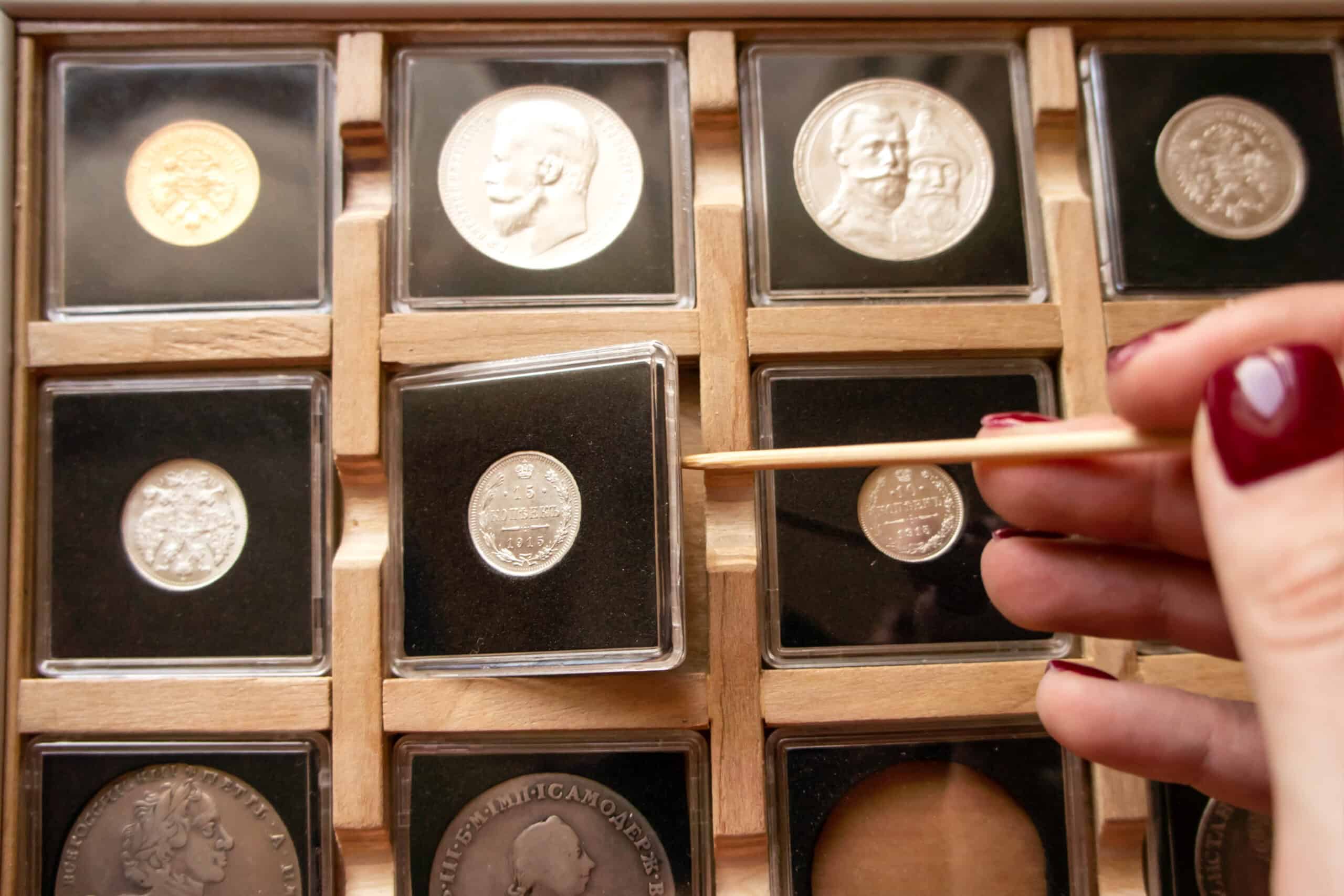
A stable environment is crucial for the longevity of your coin collection. Extreme temperatures and fluctuations in humidity can lead to corrosion and tarnish. A climate-controlled space helps prevent these issues by maintaining consistent conditions. Basements and attics often have poor temperature control, making them less ideal for storage. Opt instead for a room with minimal temperature changes and low humidity. This proactive approach can significantly extend the life of your coins.
Use Acid-Free Coin Holders and Albums
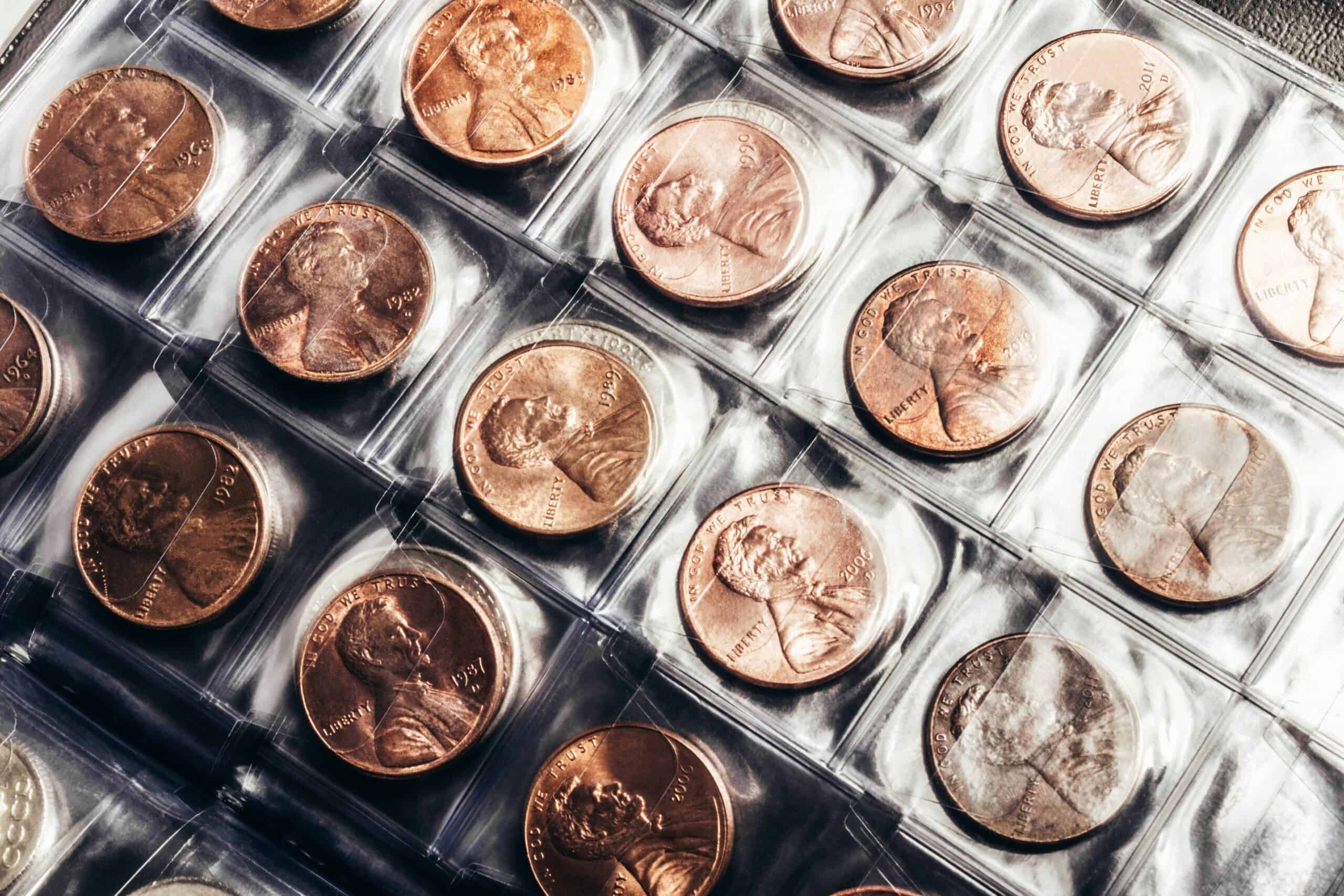
Acid-free materials are essential when storing coins. Regular paper and plastic can contain chemicals that harm the metal over time. Acid-free holders and albums are designed to prevent these interactions, keeping your coins safe from chemical damage. These materials also help in avoiding discoloration and preserve the coins’ original appearance. Investing in high-quality holders and albums is a small price to pay for long-term protection. Make sure to regularly inspect the condition of these storage items to ensure ongoing safety.
Avoid Touching Coins With Bare Hands; Use Gloves
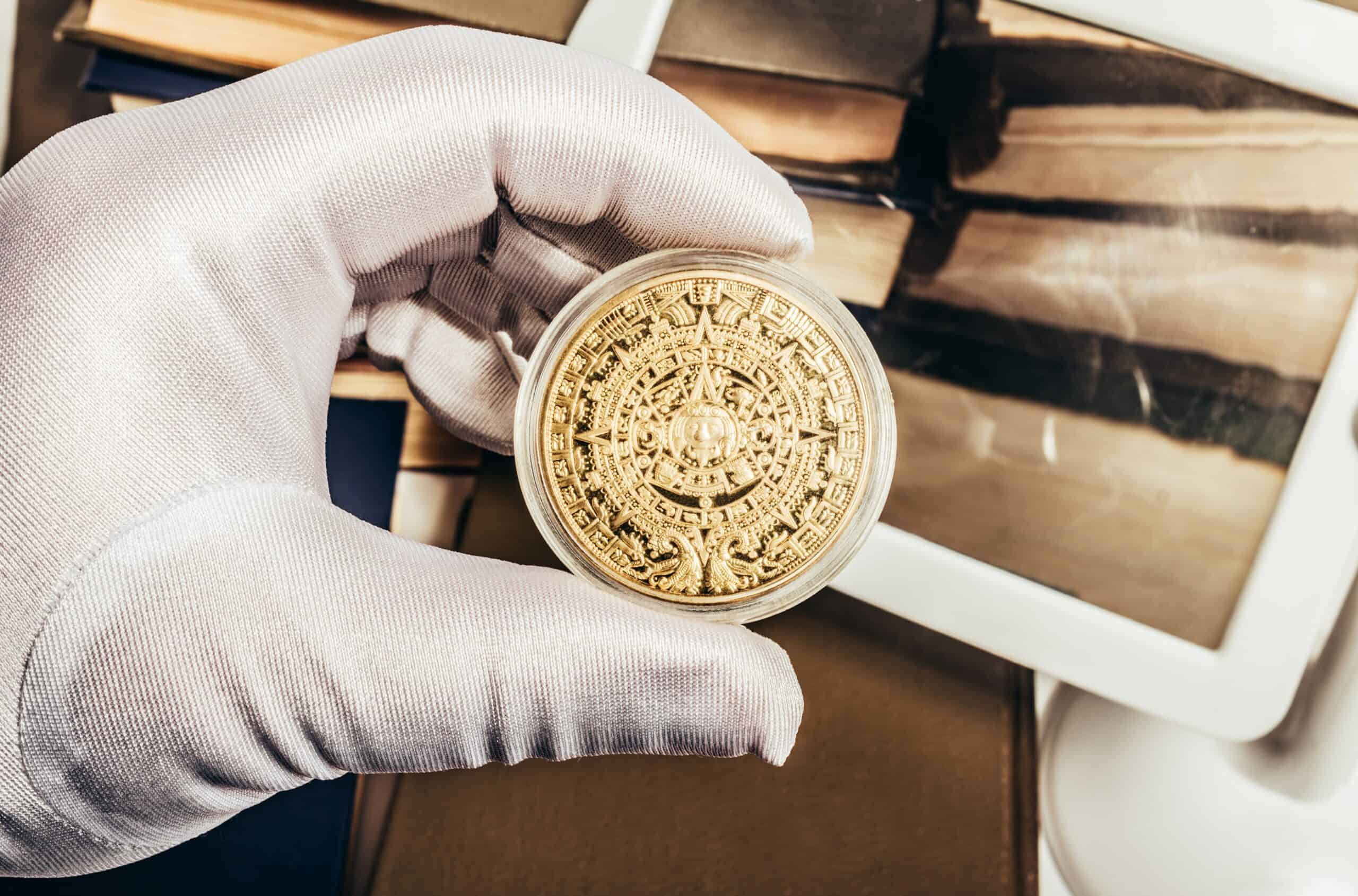
The oils and dirt on your hands can cause irreversible damage to your coins. Even a brief touch can leave behind residues that lead to corrosion. Using cotton or nitrile gloves eliminates this risk and keeps your coins pristine. It’s important to handle coins by their edges, even when wearing gloves. This extra layer of protection ensures that the coin’s surface remains untouched and unharmed, preserving its value and appearance.
Keep Coins Away From Direct Sunlight
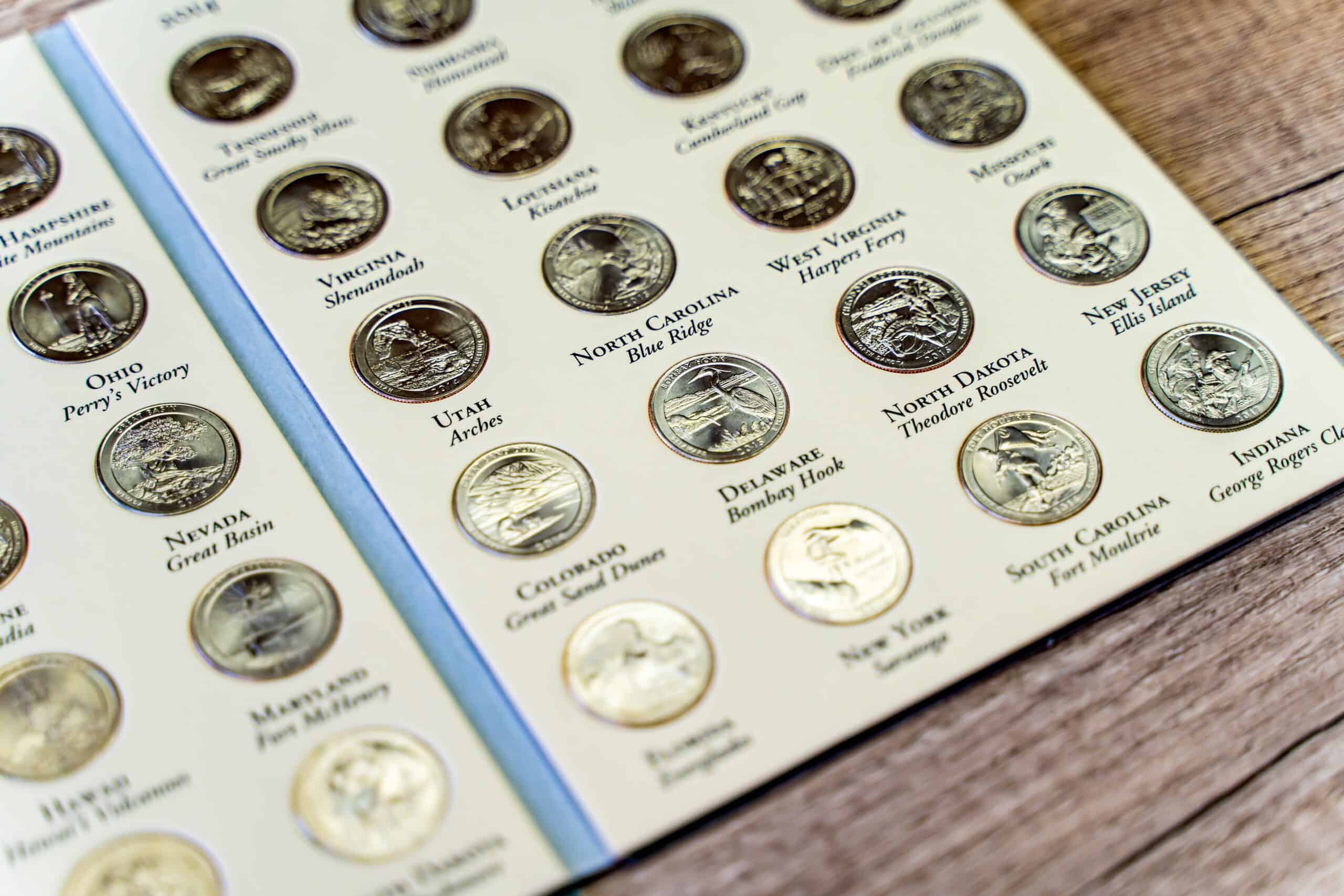
Sunlight can be a silent destroyer of coin collections. UV rays cause fading, discoloration, and even metal degradation over time. To avoid this, store your coins in a dark place, away from windows and light sources. If you display your collection, use UV-protective cases or glass to shield the coins from harmful rays. This simple step can prevent significant damage and help maintain the coin’s original luster.
Regularly Check for Signs of Corrosion or Damage
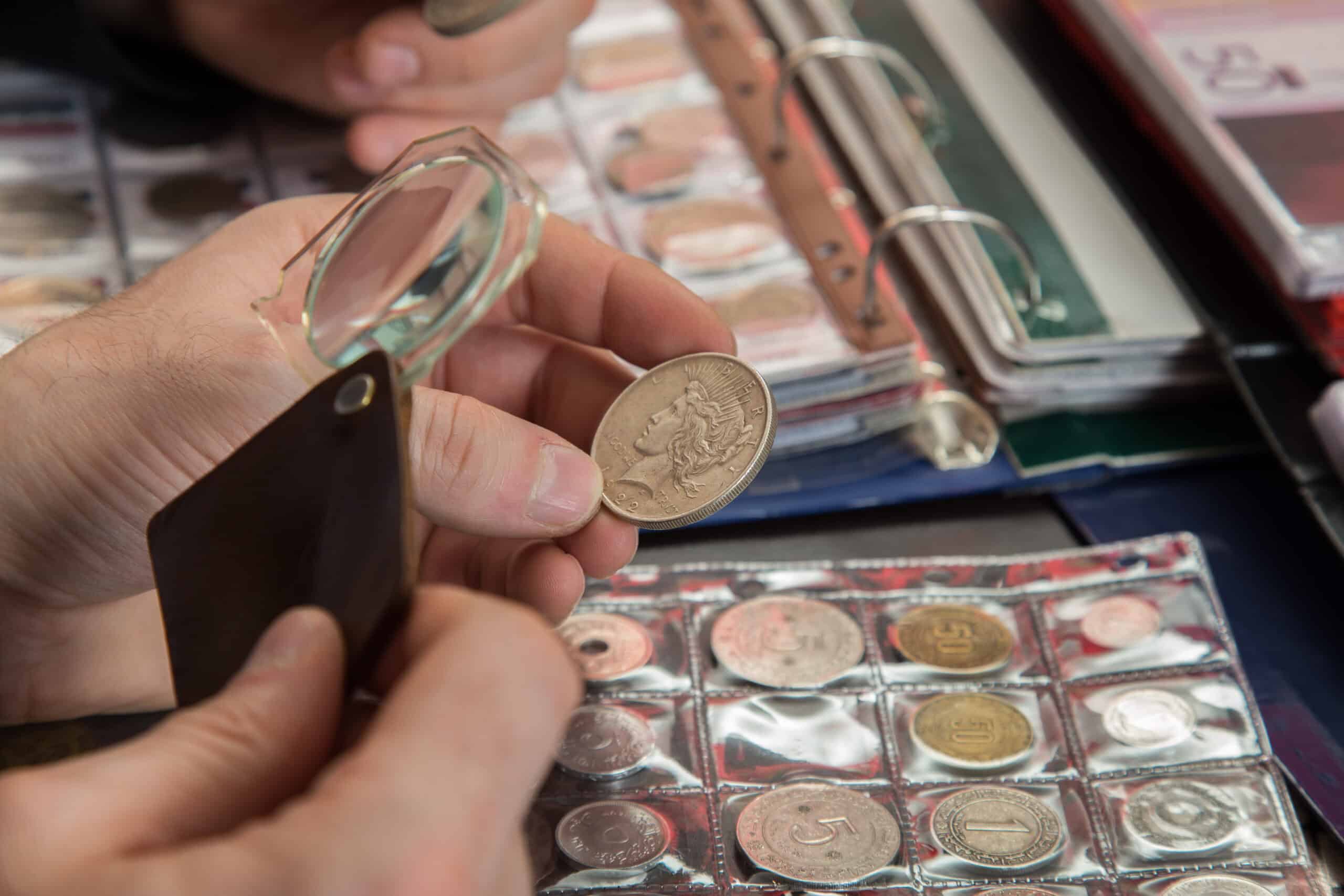
Routine inspection is key to early detection of potential issues in your collection. Look for signs of corrosion, discoloration, or any changes in the coin’s surface. Catching problems early allows you to take action before the damage worsens. Regular checks also give you the chance to rotate or move coins to better conditions if needed. A consistent inspection schedule can save you from costly repairs and loss of value.
Use Desiccants to Control Humidity in Storage
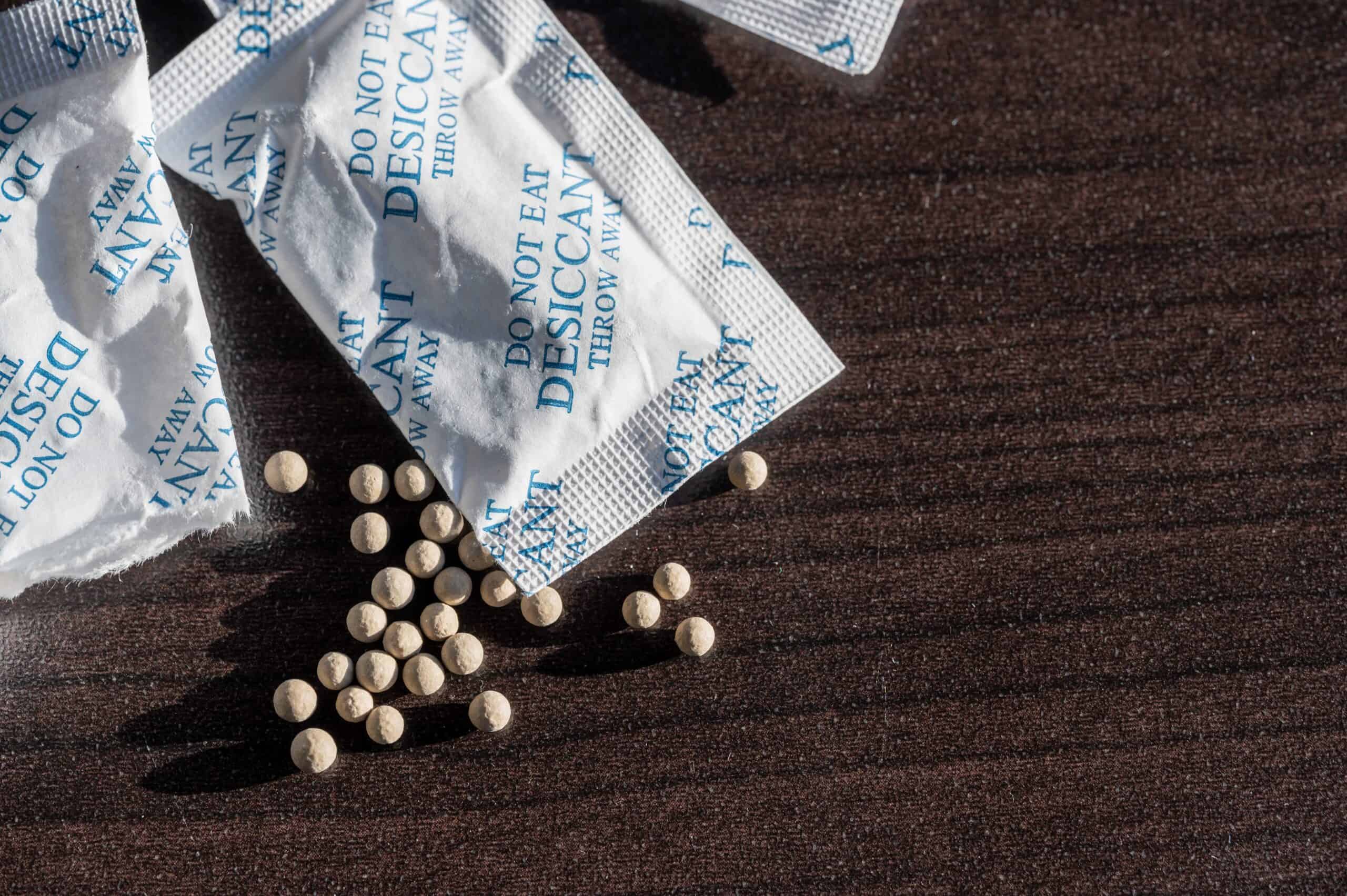
Moisture is one of the biggest threats to coin collections. Desiccants, like silica gel packs, absorb excess moisture in the air, helping to maintain a dry environment. Place these packs in your storage area to reduce humidity levels. Be sure to replace them regularly, as they lose effectiveness over time. By controlling humidity, you can prevent corrosion and preserve the integrity of your coins.
Avoid Cleaning Coins With Abrasive Materials
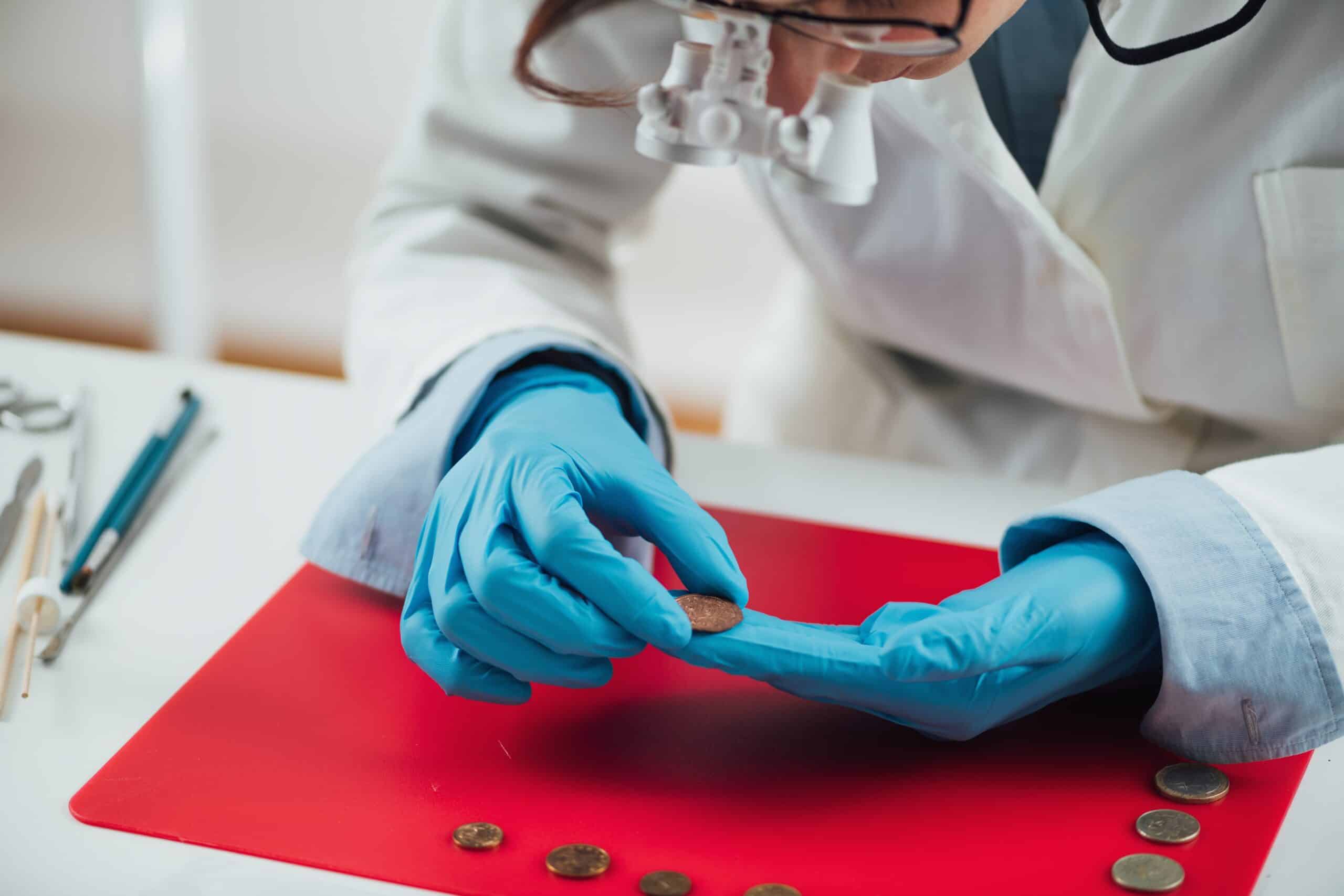
Cleaning coins can be tempting, but it often does more harm than good. Abrasive materials can scratch the surface, removing the coin’s natural patina and reducing its value. If a coin appears dirty, consult a professional before attempting to clean it. They can recommend safe methods or determine if cleaning is even necessary. Sometimes, the best approach is to leave the coin as is, maintaining its original condition.
Store Coins Vertically to Prevent Scratches
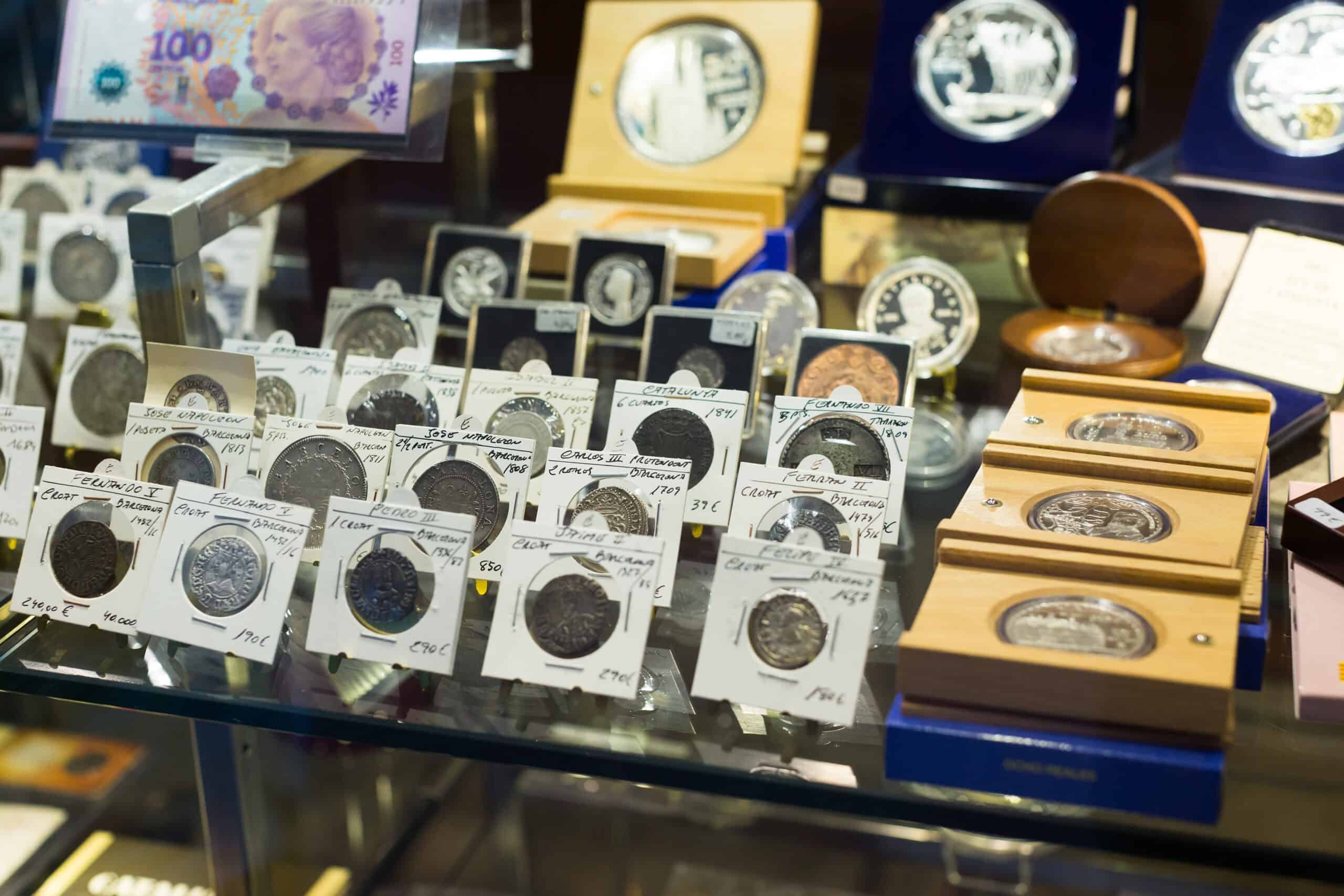
How you store your coins can impact their longevity. Storing coins horizontally in stacks can lead to scratches and pressure marks over time. Instead, store them vertically, like books on a shelf. This reduces contact between coins and minimizes the risk of damage. Use proper storage containers that support vertical placement to keep your collection safe and organized. Vertical storage is a simple yet effective way to protect your coins from unnecessary wear.
Insure Your Coin Collection

Insurance provides peace of mind in case of loss, theft, or damage to your collection. It’s important to document and appraise your coins regularly to ensure they are adequately covered. Choose a policy that specifically caters to collectibles for the best protection. While insurance doesn’t prevent damage, it does offer financial security, allowing you to recover your investment in unfortunate situations. Protecting your collection with insurance is a wise step for any serious collector.
Label and Catalog Each Coin for Reference
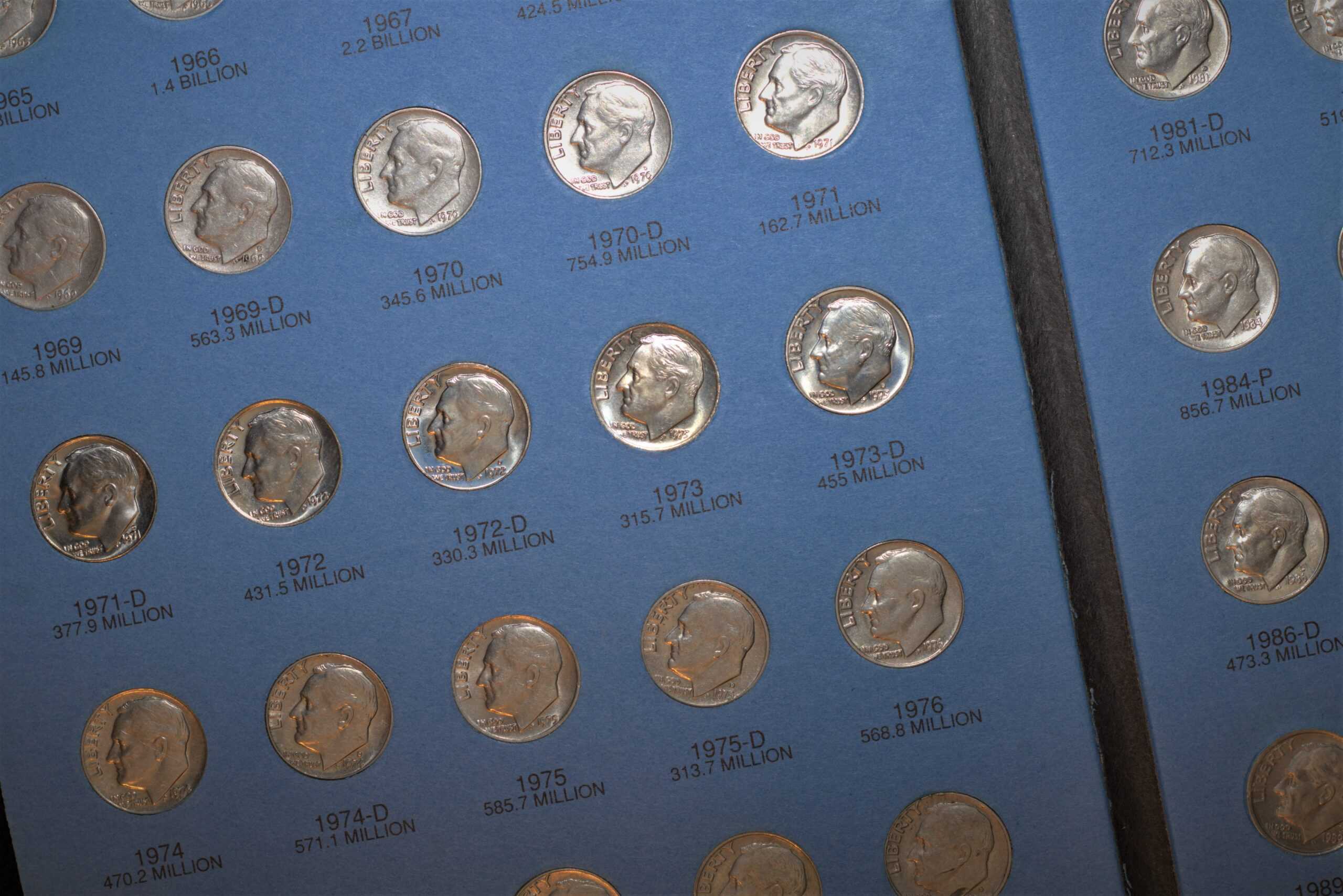
Keeping a detailed record of your collection is vital for organization and reference. Labeling each coin with its specific details allows you to track its history and value easily. A catalog can also help in identifying coins quickly, especially if your collection is extensive. Use acid-free labels to avoid any chemical damage over time. This practice not only aids in organization but also provides essential information in case of insurance claims or appraisals.
Use Protective Coin Capsules for Valuable Pieces
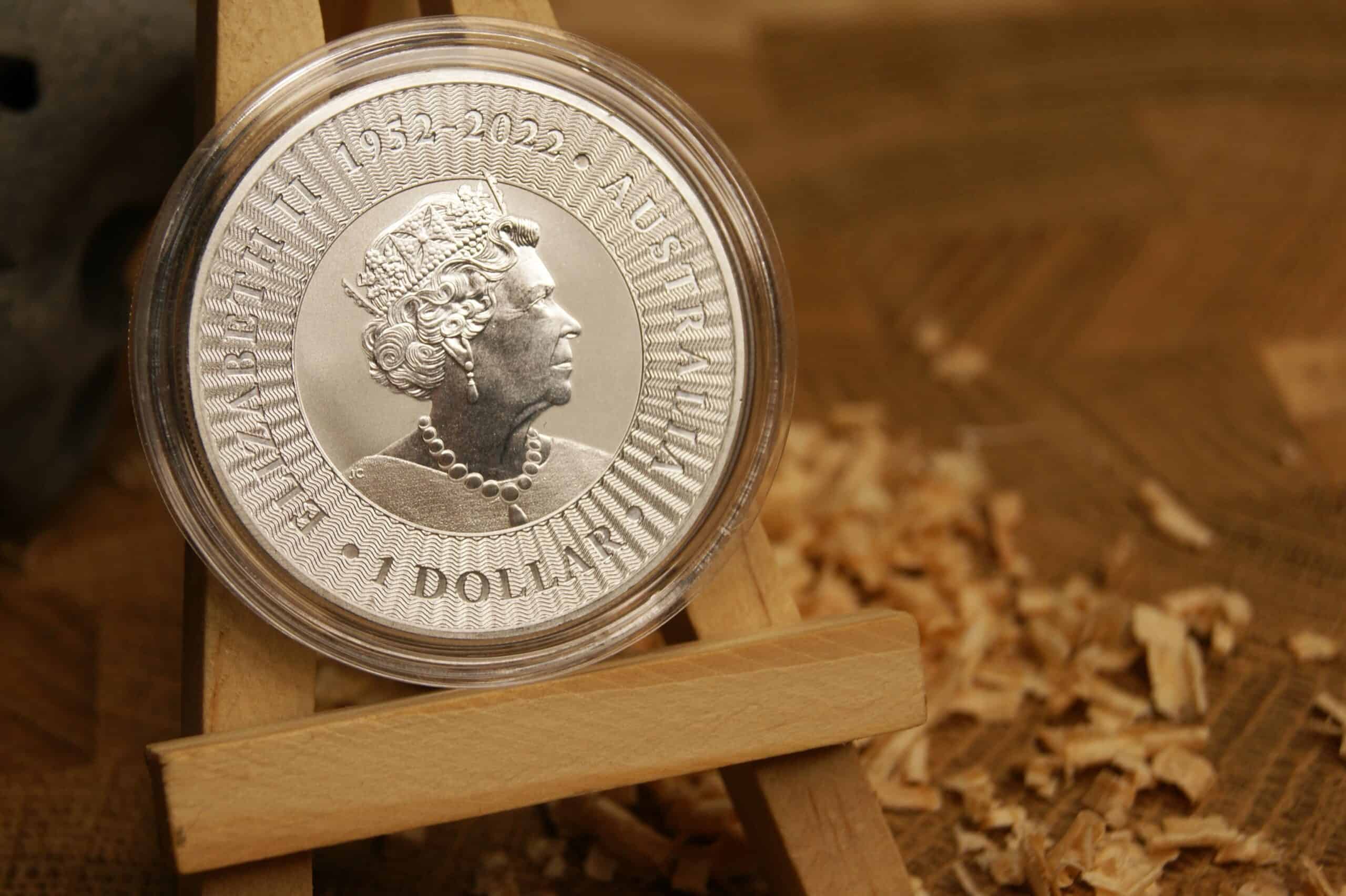
Protective coin capsules are an excellent investment for safeguarding your most valuable coins. These capsules provide a secure, airtight seal that prevents exposure to air, moisture, and contaminants. By encasing your coins, you reduce the risk of scratches and other physical damage. Make sure to choose capsules that fit snugly around your coins to avoid movement inside the capsule. This extra layer of protection ensures that your most prized coins remain in top condition.
Avoid Using Rubber Bands to Bundle Coin Holders
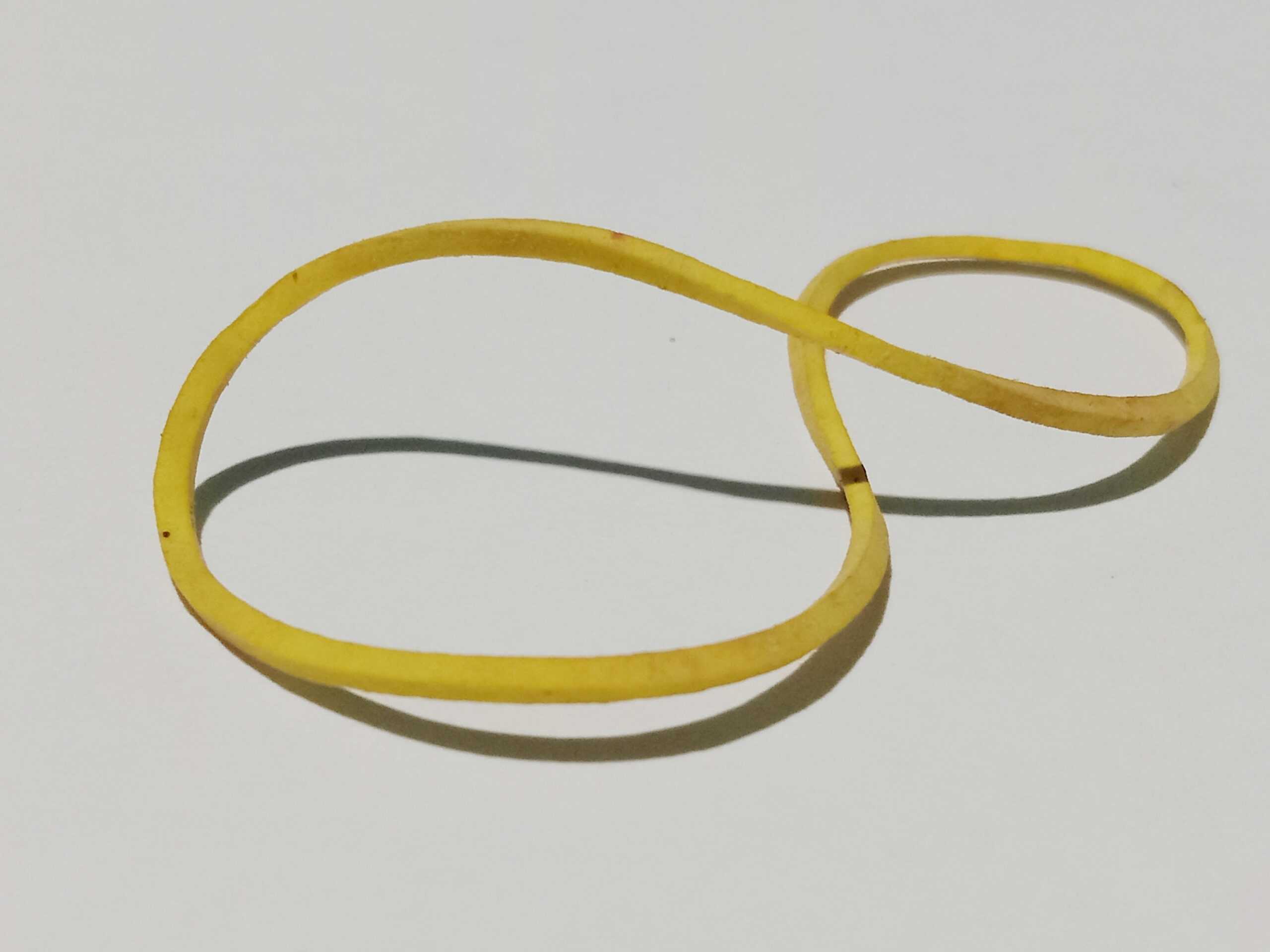
Rubber bands may seem convenient, but they can cause significant damage to your coin holders and, ultimately, your coins. Over time, rubber bands degrade, becoming brittle and leaving sticky residues. These residues can seep into the holders, causing discoloration or even chemical reactions with the coins. Instead of rubber bands, opt for archival-quality storage solutions that keep your coins secure without the risk of damage. This small change can make a big difference in preserving your collection.
This article originally appeared on Rarest.org.
More from Rarest.org
1973 Washington Quarter Value Guide
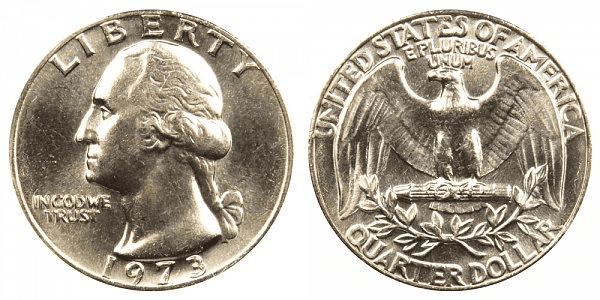
The 1973 quarter nickel is an old coin. This coin is already 50 years old at the time of this writing. With this age, the 1973 quarter is an interesting coin to add to your collection. Read More.
17 Most Expensive Concert Tickets Ever Sold

Concert tickets can sometimes reach astronomical prices. This list showcases the most expensive tickets ever sold. Read More.
16 Most Coveted Antiques and Their Provenance
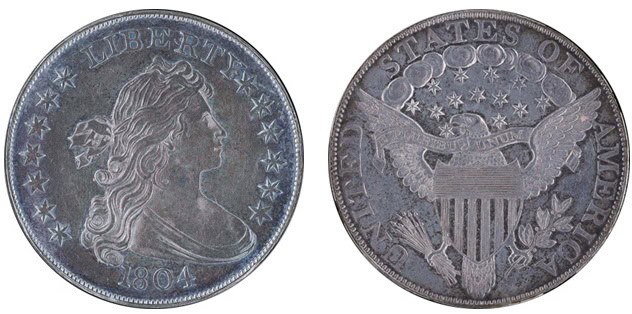
Antiques carry stories that span centuries, reflecting the artistry, craftsmanship, and history of their times. Read More.
